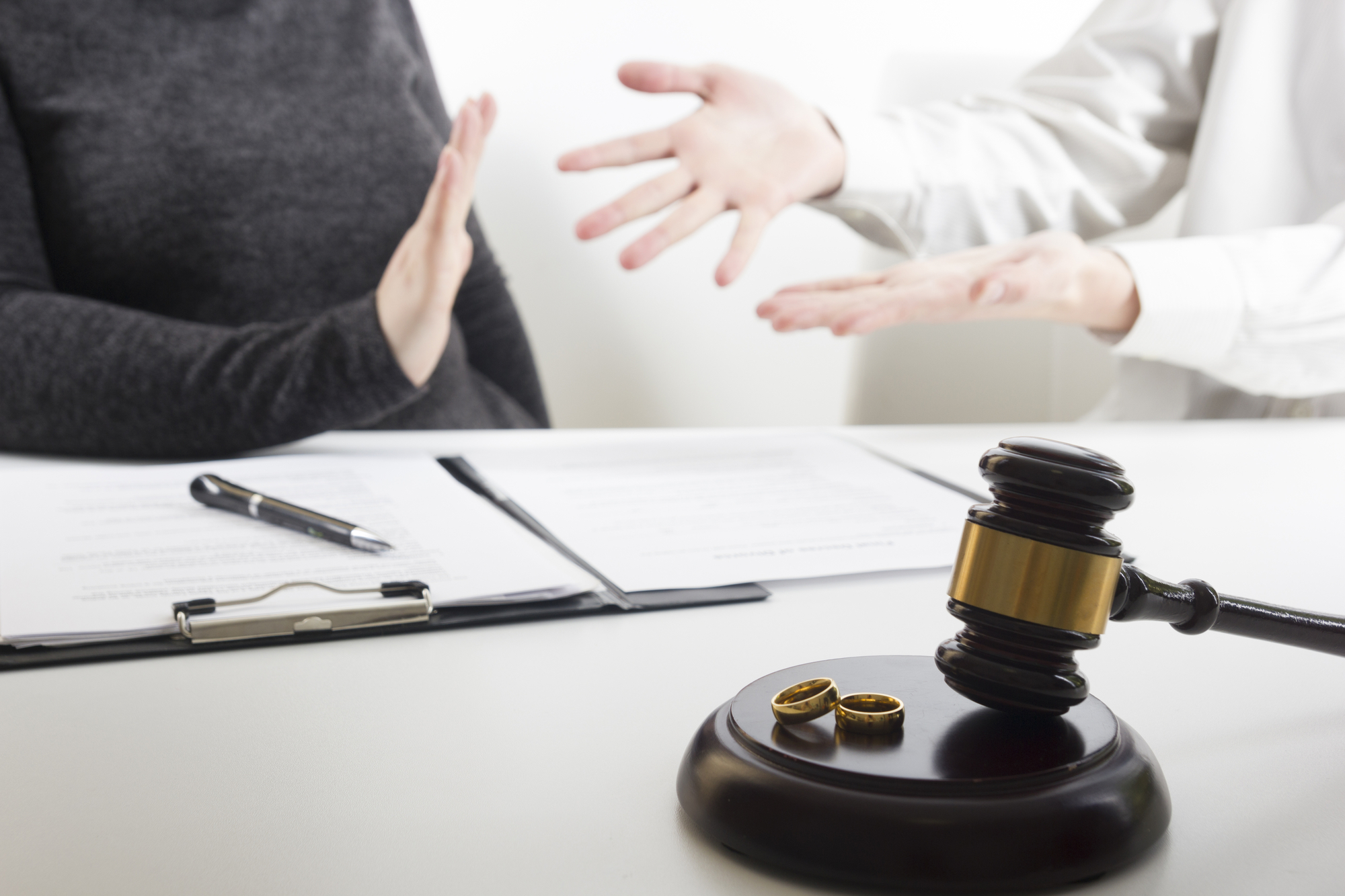It can be frightening when police officers stop and detain you, especially if you’ve done nothing wrong. When you have encounters with law enforcement officers, you should ask basic questions about the encounter. Even though the police may not answer all your questions, it is wise to ask specific questions.
Remember, always be respectful, calm, and polite during encounters with police officers. You have legal rights, but you also do not want to escalate the situation. You want to exercise your rights, but you want to do so without making matters worse.
What Should You Ask The Police During A Stop Or Interaction?
Six questions to ask during any interaction with law enforcement officers are:
1. Are You Detaining Me?
If the police are detaining you, you are not free to leave. Law enforcement officers can detain you for a variety of reasons. The police officer must have reasonable suspicion that you were involved in criminal activity to detain you.
If the police officer tells you that they are not detaining you, then ask if you are free to leave. You should be free to leave if you are not being detained or arrested. Once the police confirm that you are free to go, you may leave.
2. How Long Am I Being Detained?
You can ask the police officer how long he intends to detain you. However, the officer is not likely to give you a direct answer. Police officers are not allowed to detain someone for an unreasonable period, even though they sometimes do so without reasonable cause.
Do not argue with the police officer, regardless of the answer. It is best to make mental notes and talk to a lawyer after the fact if you believe the police officers violated your legal rights. Arguing with a police officer or acting belligerent could result in an arrest on a charge unrelated to the reason why the officers detained you.
3. Am I Being Arrested?
If the officer confirms that you are not being detained, verify that you are not being arrested before you walk away. Again, do so in a polite, respectful manner to avoid escalating an encounter with the police.
Understanding the situation can help you determine your next steps. Confirm you are free to leave and then leave.
4. Why Are You Detaining/arresting Me?
If you are being detained or arrested, ask the police to tell you why they are taking this action. To make an arrest, the police officer needs probable cause for the arrest.
Probable cause is a reasonable belief that you have committed a crime. Without a warrant, the officer needs to demonstrate that he had probable cause for the arrest. Therefore, ask why you are being arrested so that you can tell your criminal defense lawyer what the officer said at the scene.
Do not resist arrest or argue. Do not try to tell your side of the story or answer questions. Talking to the police unnecessarily typically does not benefit the suspect, and could make matters worse.
5. Do You Have A Warrant?
If the police ask to search your person, property, home, or vehicle, ask if the police have a warrant. You may refuse the search if the police do not have a warrant. Remember, police do have the right to pat you down to make sure that you do not have a weapon.
You may also ask if the police have an arrest warrant if they tell you that they intend to arrest you. Again, do not resist arrest. After you are processed, you can talk to a criminal lawyer about posting bail to get out of jail.
6. Can I Talk To An Attorney?
Remain silent after your arrest. You do not have to answer questions or make a statement. You do not have to sign a statement.
Whether you’re a juvenile or an adult, you have the right to an attorney. Ask to speak to a lawyer immediately. If you have a criminal defense lawyer, ask for the opportunity to give them a call.
Because you never know when you may encounter the police, it can be a good idea to have the name and telephone number of a local criminal defense lawyer with you at all times. For example, if you are participating in a protest, you may be arrested and need an attorney. If you are pulled over and arrested because of mistaken identity, you need a lawyer.
If the police officers continue to question you, politely ask them to stop questioning you until your attorney arrives. They may continue to ask questions, but you can remain silent even though they continue to press you with questions and comments.
To learn more, call our criminal defense law firm at 972-525-4963 or visit our contact us page to send us an email.
 Call Us Now
Call Us Now Email Us Now
Email Us Now


